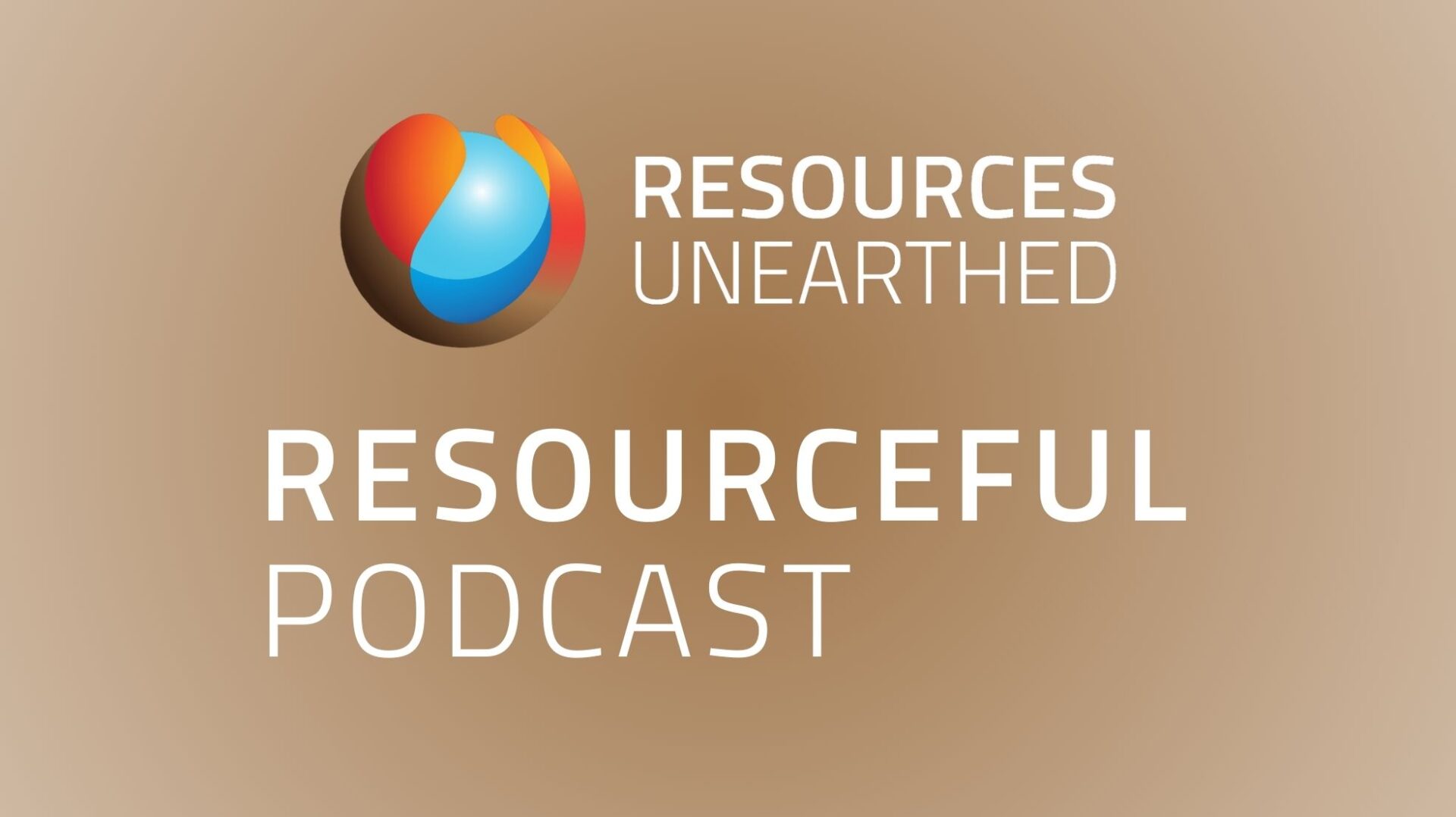In this episode, Brett Cribb, Managing Director and Founder of Resources Unearthed hosts Craig Barry from William Buck and Rob Lamb from Hill House Legal Partners. They discuss the intricacies of family offices, looking at what they are, their types, and their benefits. The conversation also covers how virtual family offices can assist families with substantial wealth, addressing intergenerational transfers, and the importance of managing family dynamics. The episode concludes with insights into creating a family charter, estate planning, and common legal considerations in family succession.
What Are Family Offices: A Guide to Wealth Management for Families
Many individuals who have either developed or are in the process of developing considerable wealth have begun thinking not just about their own needs, but about the needs of their extended families. This task can seem daunting, but a family office might be the solution you’ve been seeking.
What is a Family Office?
A family office is a comprehensive wealth management service designed for affluent families. It offers a wide array of services ranging from managing family business holdings and investment portfolios to navigating the intricate family dynamics. In essence, family offices provide a holistic approach to wealth management, ensuring that every aspect of the family’s financial and relational health is catered to.
According to Craig Barry from William Buck, family offices can be categorised into three main types:
- Single Family Office – Dedicated to one single family’s wealth.
- Multiple Family Office – Serves multiple families, leveraging pooled resources.
- Virtual Family Office – Utilises external professionals to manage the family’s wealth.
Each type has its own set of benefits, but virtual family offices in particular have gained traction for their ability to offer tailored services without the overhead of maintaining a full staff.
The Role of Family Dynamics
Managing family wealth is not just about the numbers; it’s also about understanding family relationships. As Craig Barry emphasised, no two families are the same. Each family has its own unique set of dynamics that must be carefully managed, especially when it comes to intergenerational wealth transfer.
Families contemplating their own family office need to consider these dynamics deeply. Are there potential points of contention? Is there a plan for including various family members in wealth management decisions? These are the questions that need answering to ensure a successful and harmonious wealth transfer.
Real World Examples
To illustrate how a family office works, consider a family that has accumulated wealth over multiple generations. For high-net-worth families, such as those worth $20 million to $30 million, a structured approach becomes imperative. These families might not need a full-fledged office with numerous employees but can benefit immensely from a virtual family office where services from different experts like accountants, lawyers, and investment advisors, could be coordinated.
On the lower end, even families with a simpler structure can find value in a family office if there are complex family relationships or if they want a streamlined way to manage their assets.
Starting Point: Family Charter
A critical step in setting up a family office is creating a family charter. This serves as a “rulebook” or constitution for the family, outlining everything from who is considered family to the requirements for family members to be involved in the business. This document helps in setting clear expectations and provides a roadmap for future decisions regarding the family’s wealth and business endeavours.
Legal Considerations
Rob Lamb from Hill House Legal Partners notes the importance of getting legal advice upfront. This can stave off potential conflicts and litigation down the line. For instance, loan agreements and financial assistance to family members should be documented and structured properly to avoid misunderstandings and ensure a fair distribution of wealth.
Common Challenges
Whether it’s ensuring the successful transfer of wealth from one generation to the next, dealing with potential health issues, or managing diverse family interests, setting up a family office is not without its challenges. Craig Barry points out that intergenerational wealth transfer has an alarmingly low success rate, with only about 30% succeeding from first to second generation and it decreases significantly with each generation. This underscores the importance of structured planning and involving all family members in the conversation early on.
The process of setting up a family office is neither quick nor simple, but the benefits far outweigh the initial effort. With a well-structured family office, families can navigate the complexities of wealth management, ensuring a stable financial future for generations to come.
Get in Touch
If you or your family is considering setting up a family office, reaching out to professionals like those at Resource Unearthed can provide valuable guidance. Investing time and resources now can prevent future conflicts and safeguard your family’s legacy.
Brett Cribb: https://www.resourcesunearthed.com.au/
Craig Barry: https://williambuck.com/
Craig Hong: https://hillhouse.com.au/
Robert Lamb: https://hillhouse.com.au/
TIMESTAMPS:
00:00 Introduction
00:22 Understanding Family Offices
00:29 Meet the Experts: Craig Barry and Rob Lamb
01:29 Types of Family Offices
03:39 Virtual Family Office Services
05:44 Family Dynamics and Intergenerational Transfers
07:44 Legal Considerations and Family Charters
12:34 Common Issues and Solutions
17:01 Conclusion and Contact Information


